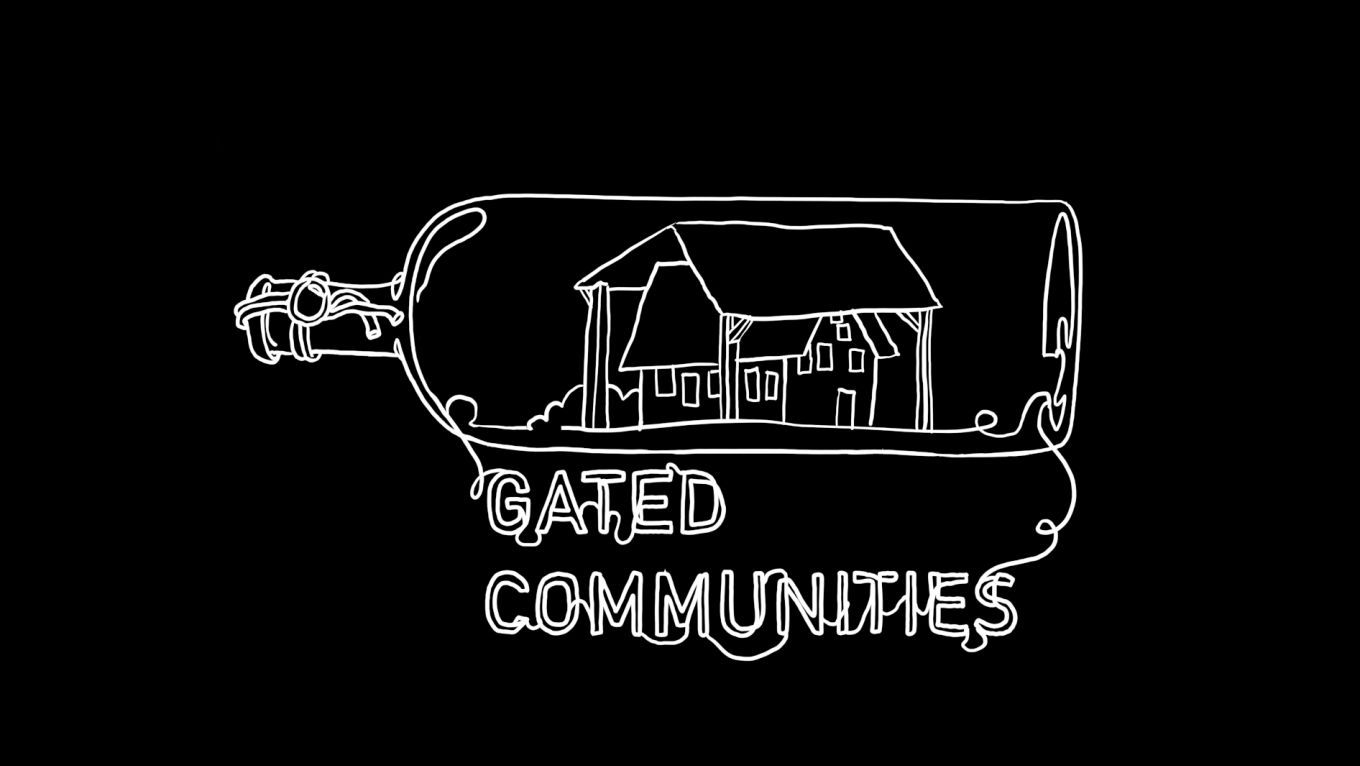Science
Say hi to your new boss: How algorithms might soon control our lives.
Discrimination and ethics in the data-driven society
Algorithms and „big data“ penetrate many aspects of our lives today. In the future, data collection and analysis will be even more ubiquitous and permeate our lives from morning to night.
Many people (well, mostly business people) welcome this new era of data analysis and the associated vision of an „intelligent planet“. Not so many people seem to be concerned about the other side of the coin though, which is an ever-growing influence of algorithms on our personal life and the accompanying shift of decision power from humans to machines. In as little as 10 years, algorithms might decide if you get a new job – or if you get fired from your current one –, how much you will pay for your health insurance, whether you will be allowed to travel to a given country and who you will marry. So it’s time to say hi to your new boss: the algorithm.
Often people talk either about the consequences of a data-driven society, or about the technological aspects of it, but rarely about the two together. With my talk I want to change that by discussing concrete technologies and algorithms that are used in data analysis today, together with their societal and political implications. I will show how algorithms can be trained to be racist, misogynic and plenty of other things, and that this actually happens in practice if no care is taken to avoid it. Finally, I will discuss various approaches to solve this dilemma, both technological and political.
Outline:
* Introduction to „big data“ and data analysis,
* Parts of our lives that are already under algorithmic control,
* Parts of our lives that soon will be under algorithmic control,
* Example use case of algorithms in data science,
* How machine learning can discriminate against certain groups of people,
* Example algorithm: Classifying people in good and bad customers,
* How the bias comes about: Algorithm-based discrimination,
* How we can fix these problems.
* Outlook.
Additional information
| Type | lecture |
|---|---|
| Language | English |
More sessions
| 12/27/15 |
What does the fact that Tor users can’t edit wikipedia mean for the quality of the ``encyclopedia that anyone can edit?’’ How do captchas and blocking of anonymity services affect the experiences of Tor users when they are trying to contribute content? This talk will discuss the increasing limitations of active participation in the anonymous Internet and the findings of our interview study of Tor users and wikipedia editors concerning these issues. We believe that by understanding the ...
|
| 12/27/15 |
The REXUS/BEXUS programme allows students from universities and higher education colleges across Europe to carry out scientific and technological experiments on research rockets and balloons. Each year, two rockets and two balloons are launched, carrying up to 20 experiments designed and built by student teams. By reference of two experiments we were involved in, we will explain the way from the experiment idea to the launch and test of it.
|
| 12/27/15 |
Several years ago, the Great Firewall of China was silently upgraded to find and block circumvention servers that employ encryption to defeat deep packet inspection. The system is now used to block protocols such as Tor, SoftEther, and SSH. In this talk, we will give an overview of how this system works, and how it can be circumvented.
|
| 12/27/15 |
Light of astronomical objects gets distorted as it passes earth’s atmosphere. Adaptive optics can correct this distortion and create images that are as sharp as those taken in space. The correction needs a bright reference star. If there is no such star nearby, an artificial Laser Guide Star can be created in the upper atmosphere.
|
| 12/28/15 |
In my talk I am 1) discussing philosophical concepts of privacy, especially Hannah Arendt's philosophy. I am 2) explaining why in a liberal-democratic system we need to protect our privacy and 3) what we can morally do to prevent catastrophes such as a totalitarian system from happening again. With Hannah Arendt's arguments and her analysis of totalitarian systems in mind, I am referring to three examples from today's privacy discussions: cybermobbing, Behavioral Advertising and secret services.
|
| 12/28/15 |
We develop a tool to verify Linux netfilter/iptables firewalls rulesets. Then, we verify the verification tool itself. Warning: involves math! This talk is also an introduction to interactive theorem proving and programming in Isabelle/HOL. We strongly suggest that audience members have some familiarity with functional programming. A strong mathematical background is NOT required. TL;DR: Math is cool again, we now have the tools for "executable math". Also: iptables!
|
| 12/28/15 |
In this presentation I will present the experimental language Ling. We shall get an intuitive understanding of the language through familiar concepts from imperative programming. We shall cover how Ling enables a modular and precise control on memory allocation, through a general optimization called fusion. This optimization, fusion is a cost-free abstraction mechanism which brings high level programming to system programming.
|

